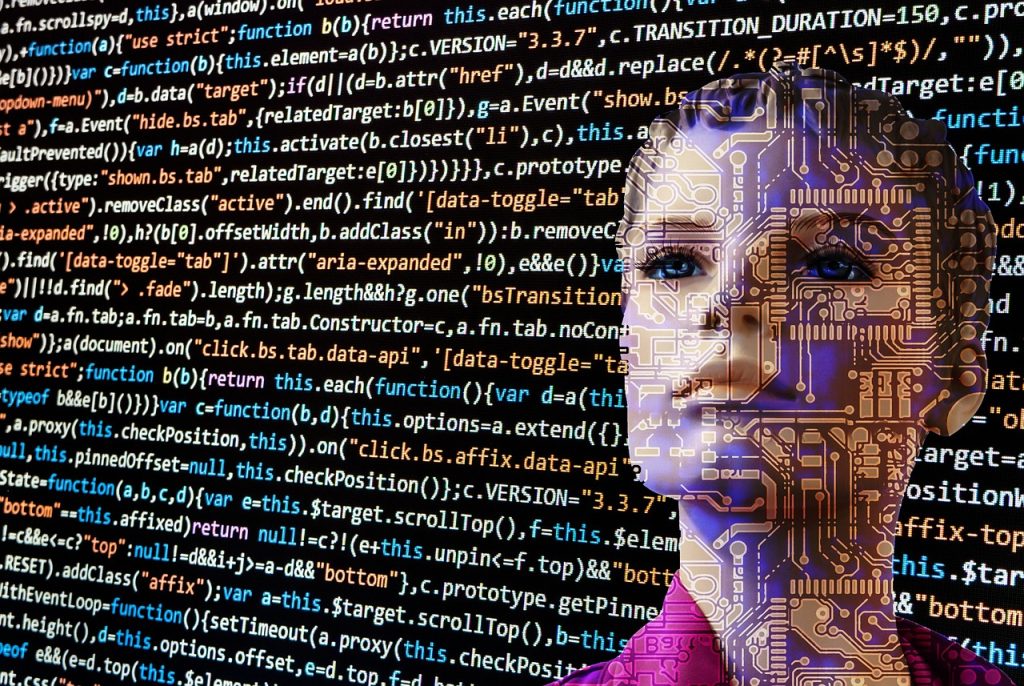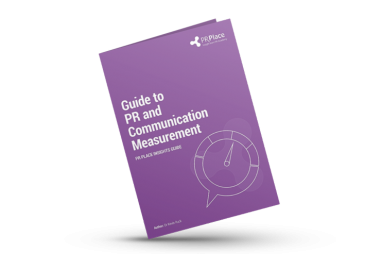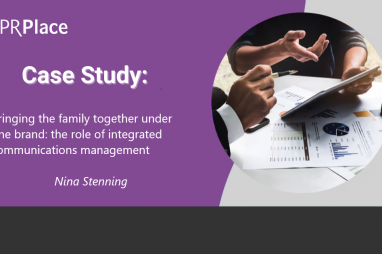The AI revolution is coming
What skills does the PR industry need to win the robot race?
Such is the self-belief in our craft that we believe it unlikely that AI-generated content will ever be as good as ours.
The new AI communications landscape is a game changer for consultants who know how to optimise AI tools and ways to avoid any pitfalls.
In many ways this situation presents parallels with how the PR industry had to adapt to the onslaught of social media in the early noughties. AI is no different in terms of the strength of its impact and yet we seem to be sleepwalking towards it.




